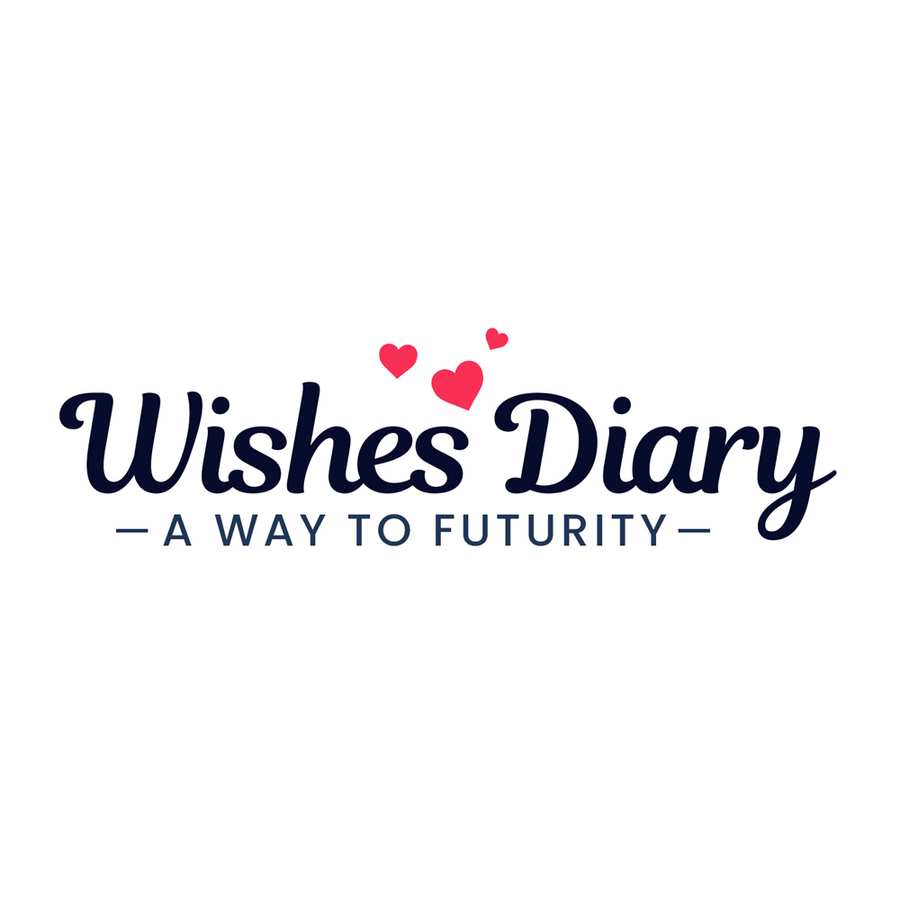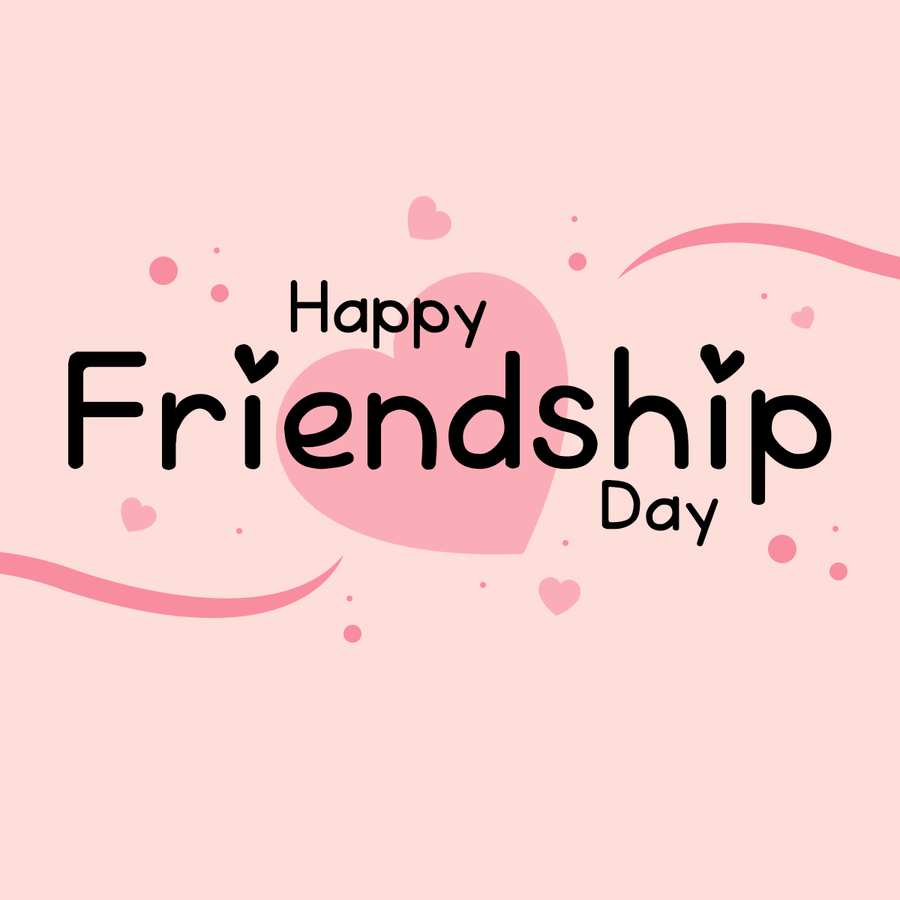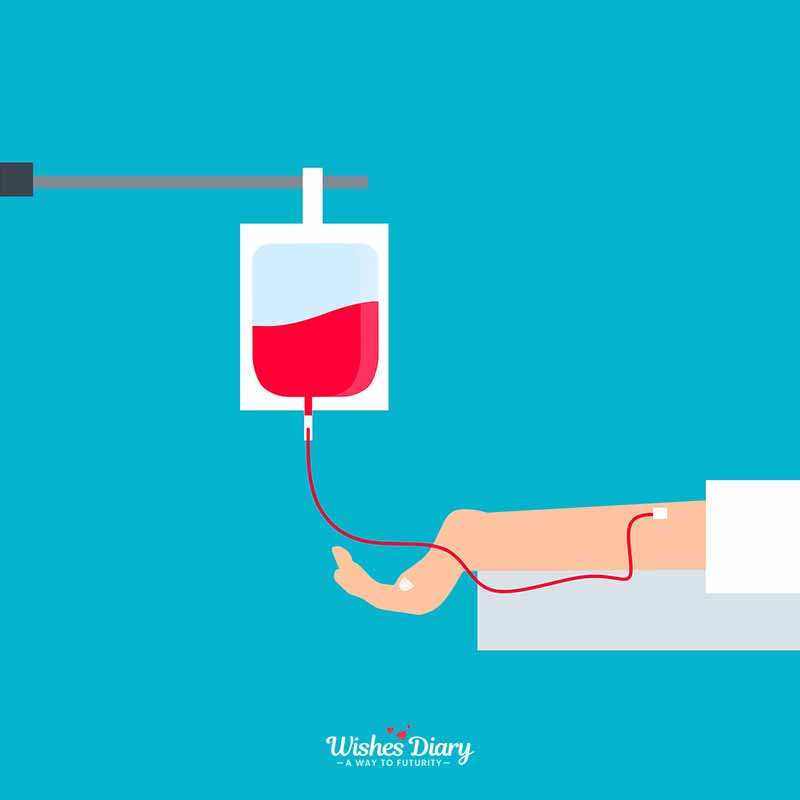April Fool's Day is the greatest prank day to make fools for fun. On this one day of the year, millions of people around the world look for an opportunity to 'fool' others and make light jokes. Give each other the means to open your mind and laugh. April Fool's Day, also known as All Fools' Day, is celebrated on the 1st of April every year. It is a day of playful pranks, practical jokes, and hoaxes that are carried out by people on their friends, family, and colleagues. The origins of April Fool's Day are shrouded in mystery, but it has been celebrated in various forms for hundreds of years. But how did this 'April Fool's Day' come about? Let's find out.
History of April Fool's Day
The origin of April Fool's Day is shrouded in mystery and there are several theories about how this playful holiday came to be. Here are five points about the origins of April Fool's Day:
Ancient Roman festivals: Some historians believe that April Fool's Day may have its roots in ancient Roman festivals such as Hilaria, which were celebrated in late March to honor the goddess Cybele. These festivals were characterized by practical jokes and general revelry.
Calendar changes: Another theory suggests that April Fool's Day originated from the introduction of the Gregorian calendar in 1582, which moved New Year's Day from April 1st to January 1st. Those who continued to celebrate New Year's Day on April 1st were ridiculed and called "April fools."
Spring equinox: April Fool's Day may have also originated from the spring equinox, which occurs around March 20th or 21st. This time of year was traditionally associated with the renewal of life and a time for practical jokes and merriment.
Medieval festivals: During the Middle Ages, many European countries celebrated the beginning of the new year on March 25th, which was known as Lady Day. This was a time for parties and revelry, including the playing of practical jokes.
French tradition: In France, April Fool's Day is known as Poisson d'Avril, which translates to "April Fish." It is believed that this tradition dates back to the 16th century when the French government changed the calendar and people continued to celebrate the new year on April 1st. To mock those who clung to the old calendar, people would stick paper fish on their backs and call them "April fish."
Benefits of the April Fool
While some people may argue that the tradition of April Fool's Day is pointless and even annoying, there are several benefits to celebrating this light-hearted holiday.
1) Promotes creativity and humor: April Fool's Day is a great opportunity to flex your creative muscles and come up with clever and funny pranks. Planning and executing a successful prank requires creativity, quick thinking, and a good sense of humor. It can also be a great way to bond with friends and family members who share your sense of humour.
2) Encourages light-heartedness: In today's fast-paced and stressful world, it's easy to get bogged down in the seriousness of life. April Fool's Day provides an opportunity to let loose and has some fun. It encourages people to not take themselves too seriously and to take a break from the daily grind.
3) Boosts morale and productivity: When done in good taste, April Fool's Day pranks can boost morale in the workplace. A harmless prank can break up the monotony of the workday and provide a much-needed laugh. This, in turn, can improve productivity and create a more positive work environment.
4) Teaches valuable lessons: While April Fool's Day is all about having fun, it can also teach valuable lessons. For example, a prank that goes too far can teach someone the importance of boundaries and respect. On the other hand, being on the receiving end of a prank can teach someone to take themselves less seriously and to have a sense of humour about things.
5) Provides a chance to give back: April Fool's Day can also be an opportunity to give back and spread kindness. Instead of playing a prank on someone, you could surprise them with a thoughtful gesture or a small gift. This can make their day and create a positive ripple effect.
Briefly, while some people may dismiss April Fool's Day as a silly and pointless holiday, there are actually several benefits to celebrating it. It promotes creativity, humor, and lightheartedness, and can even teach valuable lessons. So the next time April 1st rolls around, don't be afraid to embrace your inner prankster and have some fun! Just remember to be respectful and considerate of others while doing so.
Harms of April Fool
While April Fool's Day can be a fun and light-hearted holiday, it's important to remember that some pranks can go too far and cause harm. Here are some potential harms of April Fool's Day:
1) Offending or humiliating others: Some pranks can be hurtful or humiliating to the person on the receiving end. It's important to consider the feelings and boundaries of others before planning a prank. If a prank has the potential to cause offense or embarrassment, it's best to avoid it.
2) Causing physical harm or damage: Some pranks can also cause physical harm or damage to property. For example, setting off fireworks or creating a fake emergency could put people in danger. It's important to use common sense and avoid pranks that could cause harm or damage.
3) Creating unnecessary stress: While some people may enjoy a good prank, others may find them stressful or overwhelming. It's important to know your audience and avoid pranks that could create unnecessary stress or anxiety.
4) Spreading misinformation: In today's world, it's more important than ever to be mindful of the information we share. April Fool's Day can create a breeding ground for fake news and misinformation. It's important to fact-check any information before sharing it, even if it's meant to be a joke.
5) Damaging relationships: Finally, some pranks have the potential to damage relationships. If a prank goes too far or causes serious harm, it can create long-lasting feelings of hurt or resentment. It's important to consider the potential consequences of a prank before carrying it out.
In a nutshell, while 1st April Fool's Day can be a fun and light-hearted holiday, it's important to be mindful of the potential harms that can come with it. It's important to consider the feelings and boundaries of others, avoid pranks that could cause harm or damage, and be mindful of the information we share. By doing so, we can ensure that April Fool's Day remains a fun and harmless holiday for all.













